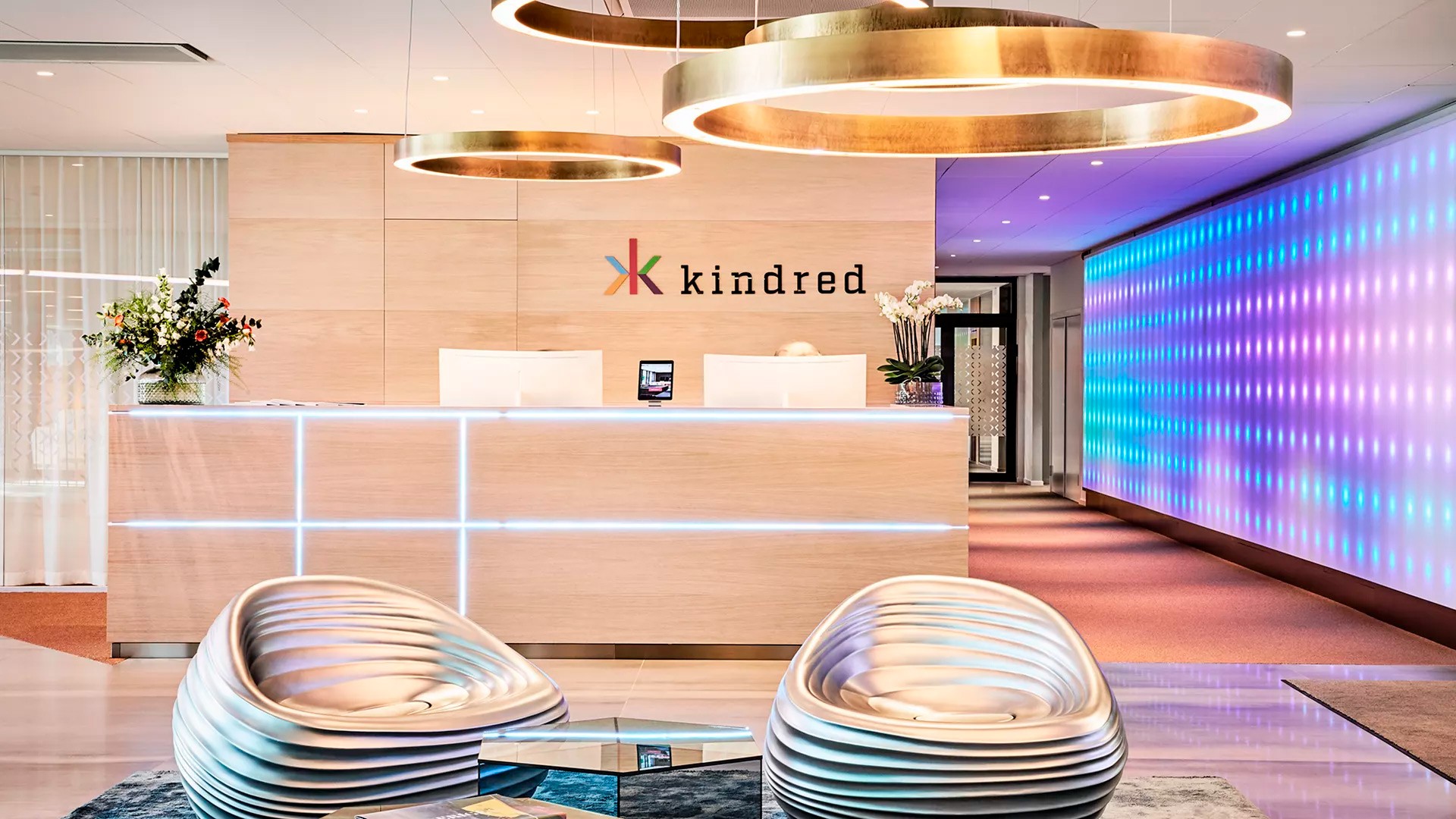Kindred Group announced Tuesday the publication of a combined Annual and Sustainability Report for the 2021 financial year, which provides an introduction to Kindred as a company and the group’s long-term strategy.
The report includes facts and figures, case studies, as well as ambitions and commitments within Kindred’s five sustainability priority areas, which are broken down in “Responsible Gaming”, “Maintaining Integrity”, “Running a Compliant Business”, “Being Kindred” and “Contributing to our Communities”.
The report also features progress on the Swedish Group’s sustainability ambitions and commitments in 2021, and sets out new long-term sustainability ambitions next to its goal to reach zero per cent Gross winnings revenue from harmful gambling by 2023.
The company laid out its five fold strategy which includes maintaining strong core markets – including France, Sweden, Romania, UK and Australia – to support its commercial ambitions; firmly establishing Kindred across North America; further developing a product-focused company that “excels in customer experience”; get competitive advantage through excellence and sustainability; and become a scalable business based on “a world-class platform”.
On the company’s 2021 report, CEO Henrik Tjärnström points out the strategic direction of Kindred and the focus on locally licensed markets and says: “Looking ahead, I see an exciting future for Kindred. Over ten years ago we embarked on a strategy to transform ourselves and over time only operate in locally licensed markets. In 2020 we took the decision to adapt the organisation for this future based on scalability, compliance and differentiation. In the final quarter of 2021, we derived 77 per cent of our Gross winnings revenue from locally licenced markets and have proved we can be scalable in these markets with solid bottom line growth”.
In the report, Kindred also reported £1.2 billion ($1.6 billion) in revenue for 2021, which was an 11% rise from 2020’s revenue, despite the fact that Q4 2021 brought about the temporary exit of the Dutch market. The company deems this growth as being driven by its sports betting and casino games metrics, which rose 12% and 10% in revenue, respectively.



